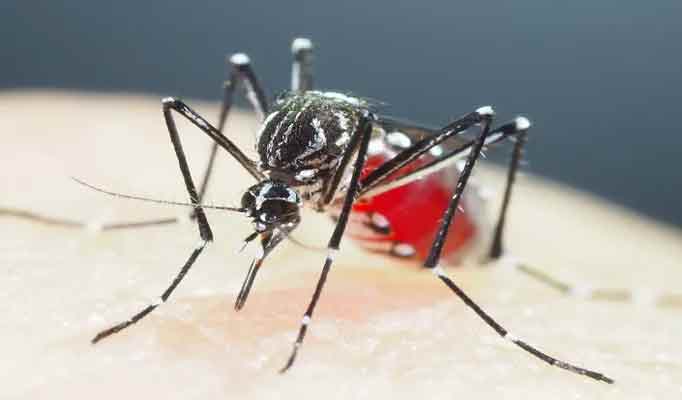
The insecticides that target disease-spreading mosquitoes are running into nature’s ultimate defense mechanism: evolution. Scientists reported Wednesday that mosquitoes in Cambodia and Vietnam increasingly carry a mutation that makes them resistant to a commonly deployed insecticide.
The report, in the journal Science Advances, tells the story of Aedes aegypti, a vector for dengue, yellow fever, chikungunya, Zika and other diseases. The researchers found that in Cambodia and Vietnam, 78 percent of sampled mosquitoes had a mutation that, in laboratory studies, shows resistance to permethrin, which is part of a class of insecticides known as pyrethroids.
That mutation has been seen previously, but never at such high frequency in a mosquito population. The new study also found extreme resistance to two different insecticides sprayed in the Cambodian capital, Phnom Penh, where mosquitoes had more than one mutation conferring resistance. One insecticide sprayed there killed only 10 percent of mosquitoes, while the other didn’t kill any.
The new study is a sobering reminder that efforts to combat mosquitoes will need to be every bit as adaptable as the insects themselves.
The research also carries an echo of the pandemic, and the evolution of SARS-CoV-2. The coronavirus has repeatedly mutated in ways that enhance its transmissibility and allow it to evade antibodies produced by vaccination or prior infection.
“I believe our work will help us understand that evolution is a powerful force,” Shinji Kasai, lead author of the study and director of the department of medical entomology at Japan’s National Institute of Infectious Diseases, said in an email.






